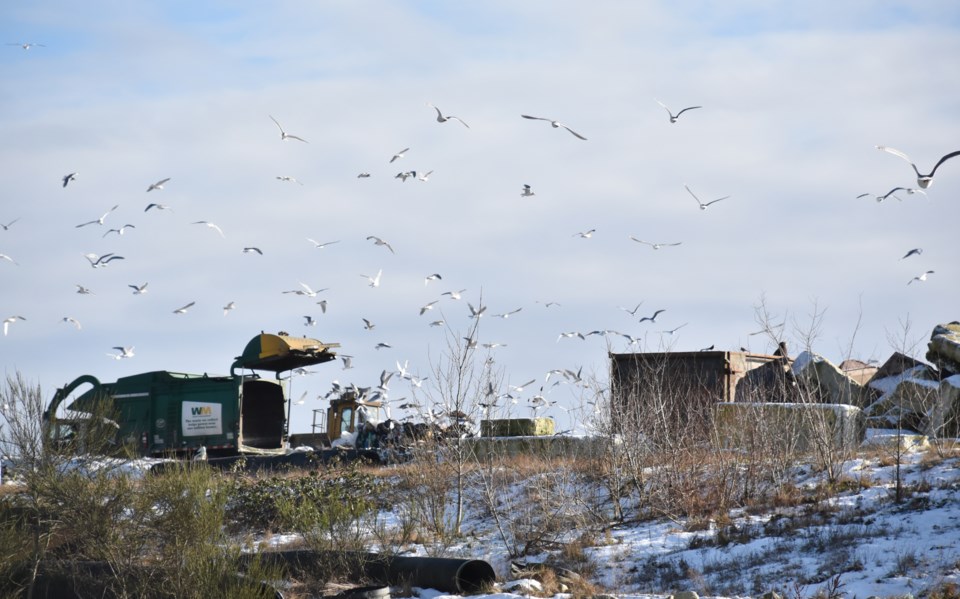The average amount of waste per person disposed at the Sechelt Landfill and Pender Harbour Transfer Station in 2020 decreased to 421 kg from the previous year’s 428 kg, Sunshine Coast Regional District (SCRD) directors heard in an annual update on waste.
The SCRD saw an overall increase in waste generation in 2020, going up to 31,678 tonnes from 28,404 tonnes in 2019. This amount includes materials disposed of and diverted, and increased particularly because of more green waste being diverted, manager of solid waste services Robyn Cooper told directors at the May 13 infrastructure services meeting.
According to a staff report, the population increased slightly from 31,681 people in 2019 to 31,723 people in 2020.
The annual update report of the SCRD’s waste generation and diversion showed that from 2019 to 2020, diversion tonnages at the landfill/transfer station increased by 38 per cent (about 2,000 tonnes).
Diversion tonnages for recycling at depots increased by 13 per cent (about 190 tonnes), and diversion tonnages of green waste increased by 23 per cent.
Overall, this represents an increase to 58 per cent of diverted waste, compared to 52 per cent the year before.
In terms of disposal, 2020 saw 1,290 tonnes disposed at the Pender Harbour Landfill/Transfer Station, up by 11 tonnes the previous year. At the Sechelt Landfill, disposal decreased from 2019’s 12,285 tonnes to 12,071 tonnes in 2020.
The solid waste management plan was adopted by the SCRD board in 2011, and set targets including a diversion target of 65 to 69 per cent and a disposal rate per capita of 279 kg to 315 kg. The SCRD has yet to meet those targets in the nine years since the plan was adopted.
Staff told the board that, broadly speaking, any diversion from the landfill can have an impact on its lifespan.
The report suggests that 2021 will also see an increase in diversion thanks to the SCRD curbside food waste collection that began in 2020 and District of Sechelt launching a similar program this year. The SCRD’s home composter rebate program is expected to launch next month.
As of 2018 – the most recent summary of data available – the SCRD ranked fifth out of the 27 regional districts in the province for waste diversion, Cooper told the board.



